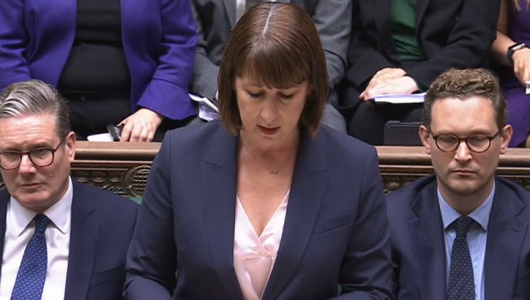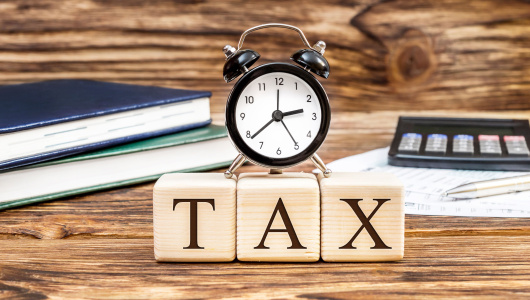Chancellor Rachel Reeves has announced a 40% relief on business rates for the retail, hospitality and leisure industry in 2025/26, up to a cap of £110,000 per business.
In her Budget statement today (30 October), Reeves justified the move by saying that the previous government had “created a cliff edge next year as temporary reliefs end”.
Retail properties have enjoyed business rates relief since 2020, currently benefiting from a 75% discount capped at £110,000 per business. This is due to expire in April 2025.
However, the move from a 75% discount to 40% still means that many businesses will see their business rates nearly double.
Earlier this month, the British Retail Consortium (BRC) had called for a 20% cut in business rates for retail properties, starting in April 2025.
Seventy-one retail chief executives signed the letter to the chancellor, arguing that the sector pays a disproportionate share of business taxes relative to its economic contribution.
Local councils, however, rely heavily on business rates, collecting around £13bn annually. A reduction in this revenue will require new funding sources to prevent cuts to local services.
The BRC suggested adjusting business-rate factors, such as multipliers and rateable values, to make the system more responsive.
The retail industry’s call highlights ongoing pressures on the sector and raises questions about sustainable funding models for local governments.
Prior to the Budget, Danni Hewson, head of financial analysis at AJ Bell, said that the Labour government’s “almost impossible task” was “to deliver enough to reinject confidence back into the country without increasing headline taxes or maxing out the emergency credit card”.
Reacting to the Chancellor’s decision after the Budget, Tiago Veiga, CEO at Aurum Solutions, said: “The extension of business rates relief is welcome, but it isn’t a silver bullet. We need to look at all the barriers to growth that businesses face, not just taxation.
“Proactively finding time- and cost-saving solutions needs to be a top priority for the business community. This is particularly the case for the hospitality sector, where the persistence of manual processes makes operations a real challenge.
“Enlisting technology like automation can free up significant resources to spend on growth-generating activities and help kickstart sustainable growth.”















Comments